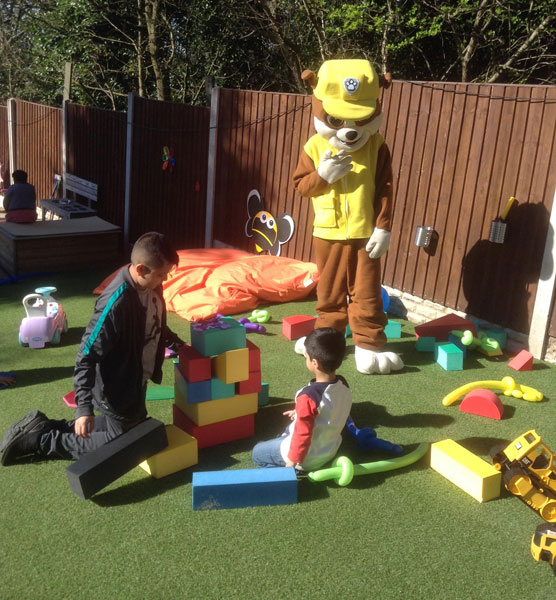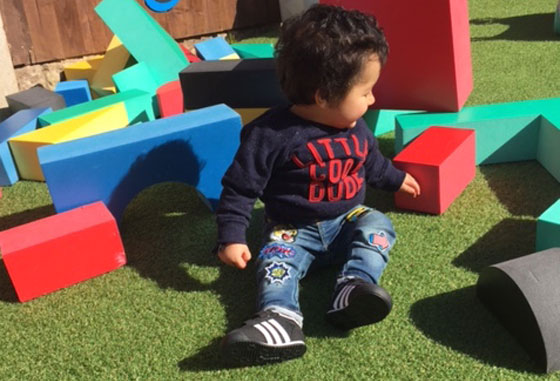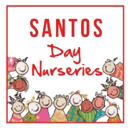The nursery works to the ‘Early Years Foundation Stage’ (EYFS), the government framework for children in the Early Years Sector. The fantastic resources, well balanced routines and inspirational planned play opportunities provide the children with an endless variety of opportunities to develop new skills. Equipment, routines and planned experiences support children’s learning across all seven EYFS learning areas. We base all of our planning on the Early Years Foundation Stage Curriculum (EYFS) which feeds into the KS1 National Curriculum. There are 7 main areas of learning included within the EYFS:
- Personal, social and emotional development
- Communication and language
- Literacy
- Mathematics
- Understanding of the world
- Expressive arts
- Physical development
All of the children will experience activities that cover each of the above areas. Nursery nurse practitioners plan according to the developmental stage and age of the children in their class. Often, a class will focus on a particular theme for a week or maybe longer. Parents are informed verbally and through our parent notice board located in reception as to the specific aspects of the curriculum that are being covered in order to support home – nursery links.


Assessments
Children are assessed from the point of entry into the nursery until they leave. We use this process of ongoing assessment of the children’s strengths and areas for development to inform future planning for activities.
The main strategy for assessing the children is to observe them whilst they are carrying out activities. We then record our assessments in an individual profile for each child. This is passed on to subsequent teachers and when they move rooms within the nursery, and ultimately the child’s primary school.
When your child is 2
At some point after your child turns 2, the professionals working with your child must give you a
written summary of how your child is progressing against the 3 prime areas of learning:
- Communication and language;
- Physical development; and
- Personal, social and emotional development.
This is called the progress check at age 2.
This check will highlight areas where your child is progressing well and anywhere they might need some extra help or support – and how mums and dads and other family members or carers can work with the key person to help. You might find it useful to share the information from the check with other professionals such as health visitors (who can use it as part of the health and development review).
When your child is 5
At the end of the EYFS – in the summer term of the reception year in school – teachers complete an assessment which is known as the EYFS Profile. This assessment is carried out by the reception teacher and is based on what they, and other staff caring for your child, have observed over a period of time.
Assessments and progress are discussed with parents regularly, either at Parents evening or more informally at the end of a session if appropriate.
